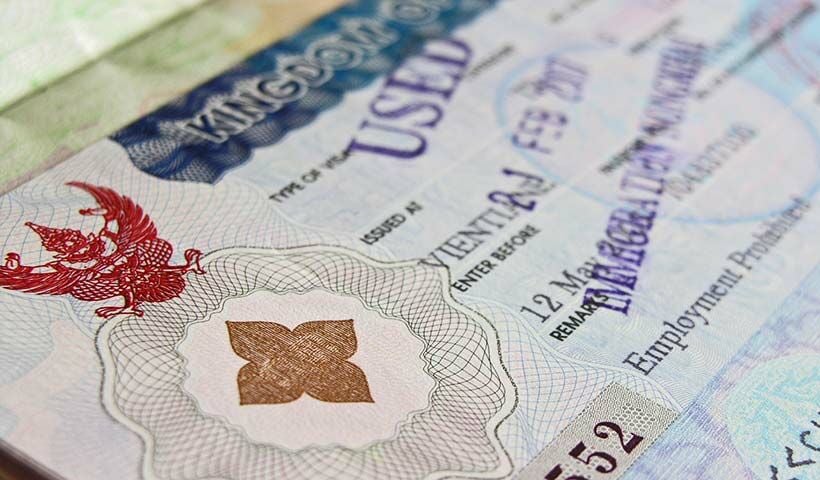Thailand unveils new visa measures to boost tourism and economy

Government spokesperson Chai Watcharong revealed new visa issuance measures aimed at boosting tourism and stimulating Thailand’s economy, following a Cabinet meeting. While many specific details of the visas and potential regulations remain under wraps, more information is expected to be released early next month.
The Thai Cabinet approved a comprehensive tourism policy to counteract the nation’s prolonged economic stagnation and lower GDP growth rates compared to its neighbours. This policy aims to generate at least 3 trillion baht in tourism revenue by the end of 2024.
Authorities have proposed three proactive measures to facilitate foreign tourists: visa exemptions, expanding visa-on-arrival lists, and introducing a new visa category.
Visa exemptions for tourism, business, and short-term work purposes have been extended to allow stays of up to 60 days. The exemption list will be expanded from 57 to 93 countries, including Australia, Canada, and France, though the final list has yet to be officially released.
Additionally, the visa-on-arrival list will grow from 19 to 31 countries, incorporating destinations like China, India, and Mexico.
A new visa category, the Destination Thailand Visa (DTV), will be introduced for long-term immigrant workers and digital nomads, allowing stays of up to 180 days. This visa comes with a fee of 10,000 baht and is valid for five years.
DTV holders can extend their stay once for another 180 days with an additional 10,000 baht fee. However, applicants must provide financial evidence of a supporter or guarantor with a credit limit of at least 500,000 baht.
More details next month – The Thaiger can help you now
Further requirements, including potential proof of valid employment with a registered company, are expected to be detailed next month.
Tax implications for the DTV visa are likely but have not yet been clarified.
The Thai Cabinet also approved short-term visa measures for foreign students pursuing a Bachelor’s degree or higher on a Non-Immigrant Visa. These students can extend their stay for up to one year after graduation to work and travel, provided they have a valid certificate from the Thai Ministry of Higher Education, Science, Research, and Innovation.
For mid-term measures, the government plans to streamline Non-Immigrant visa codes from 17 to seven by September 2024. Revised criteria for Long Stay Non-Immigrant visas for retirees and expats will also take effect by September.
Notably, the health insurance requirement for Non-Immigrant (O-A) visas will decrease from 3 million baht to pre-pandemic levels of 40,000 baht for outpatient care and 400,000 baht for inpatient care.
Moreover, e-visa services will be expanded from 47 to 94 embassies and consulates, covering all Thai embassies, consulates, and trade and economic offices worldwide by December 2024.
Long-term measures include the enhancement of the Electronic Travel Authorisation (ETA) system for foreigners exempt from visas, which will be fully operational by June 2025.
Further clarifications and additional details on these changes are expected as Thai Immigration and relevant ministries finalise them, reported Pattaya News.
Latest Thailand News
Follow The Thaiger on Google News:


























